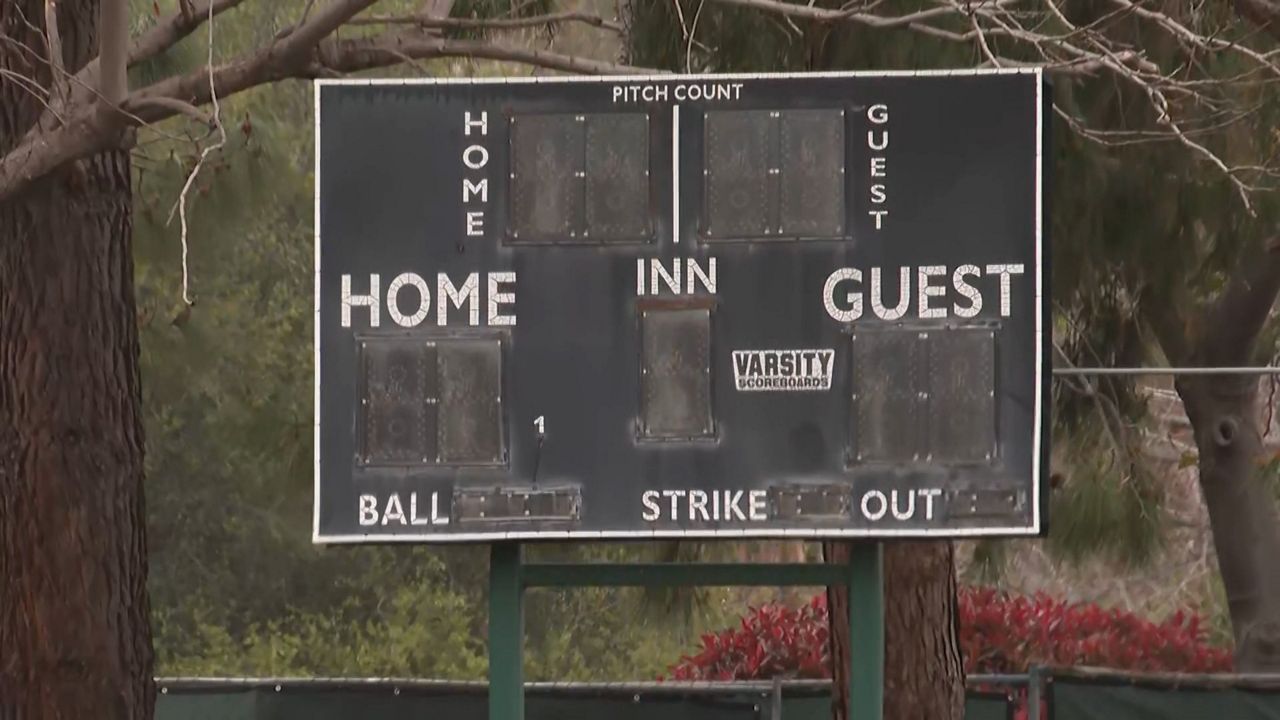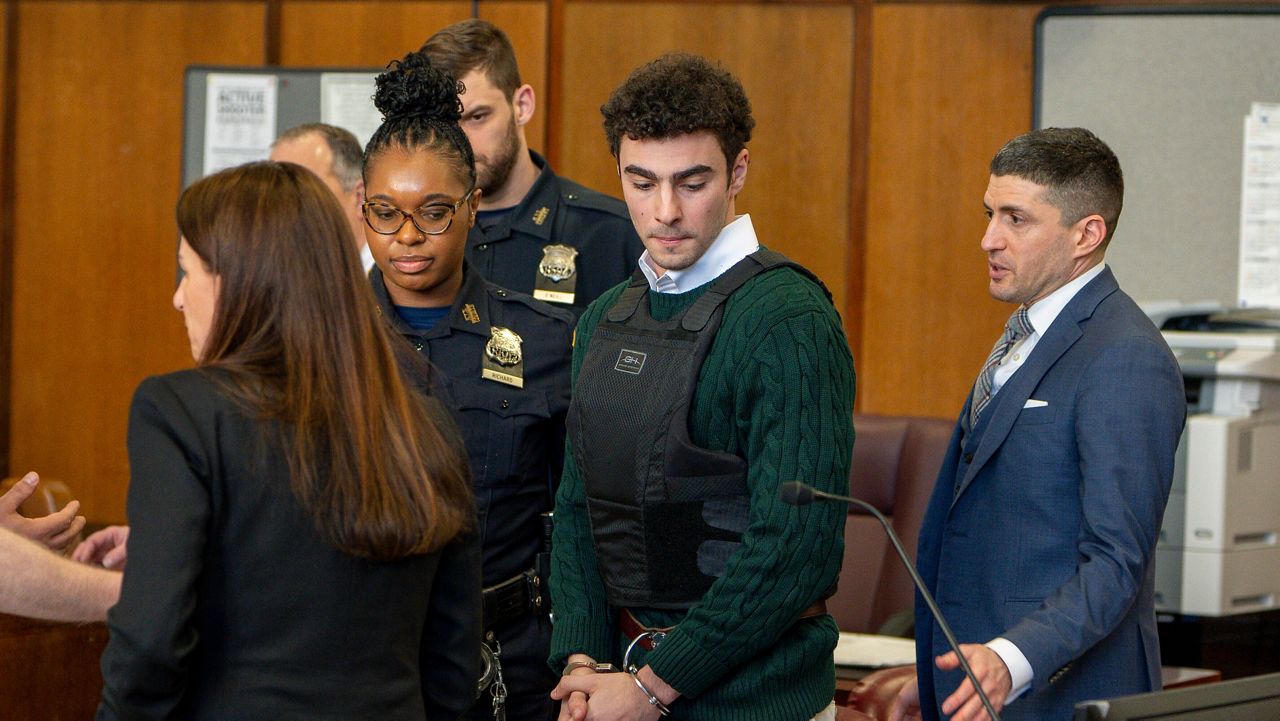LOS ANGELES — This election, voters across California rejected Proposition 6, which would have ended forced labor in prisons, making it illegal to punish inmates for not working.
As it stands, the California constitution bans involuntary servitude or forced labor in all forms except as a punishment for crime. Inmates who do not work their mandatory shifts are usually written up, or lose privileges, phone calls, and sometimes visitation.
Ultimately, the prop did not pass by a seven percentage difference, with 54% of voters statewide rejecting the measure and 46% of voters supporting it.
Among those voters who opposed the prop is Luisa Prudhomme. She said her son was 21-years-old when he was shot and killed during a home invasion robbery in Highland Park 24 years ago.
“To lose a child... it’s hard, period. But to lose that way, you know, like somebody else, made that choice to take somebody’s life for nothing,” said Prudhomme.
She said the driver involved in the murder case is currently serving time and the murderer has not been found. Since her son’s passing, Prudhomme has spent much of her time advocating for other crime victims through the LA County District Attorney’s office and is why she says this year voted against Prop 6.
“If you did the crime, you have to do the time and the labor, right?,” said Prudhomme, sharing she was content to see the prop did not pass.
However, supporters of the prop say the issue is rehabilitation programs are offered during working hours and can interfere with educational or rehabilitation goals.
Among those supporters is Jared Villery, who began his advocacy while serving a 21 year prison sentence for various charges of robbery, burglary and weapon enhancements.
He began studying law during that time and since being released works at the Anti-Recidivism Coalition helping other formerly incarcerated people integrate back into society.
“They would have been able to focus on all of those rehabilitative groups that would reframe their thought processes. They would have been able to focus on education, to develop their mind and elevate themselves beyond what they knew in their past. That’s not going to happen now,” said Villery.
For Prudhomme, she believes both should be possible.
“Okay, so you can teach them a better skilled job while you’re in there. Why not? But also do other work, whatever to make the money to pay the restitution,” said Prudhomme.
Restitution is an amount of money offenders have to pay to victims to compensate for financial loss. Half of what inmates are paid while inside or deposited into their accounts is taken and put toward paying that debt. The funds help pay for medical counseling, home security, relocation, wage loss, etc.
It was also a big reason for Prudhomme’s vote, as she has her own open restitution case.
“I have a $100,000 restitution order. I’ve got like maybe $60 in those past 20 years,” said Prudhomme.
Villery said that is common as he indicates these payments can be up to thousands of dollars, while inmates are paid less than one dollar an hour and their restitution amount also has a 10% annual interest rate that begins after they are discharged from parole.
“It is not just that they’re not becoming more employable, they’re not getting better-paying jobs, but the debts are growing. It’s unsustainable,” said Villery.
Meanwhile, neighboring Nevada and several other Republican leaning states have passed their own versions of this law. While in California, this is not the first time this effort has failed. A similar attempt in 2022 did not pass the California Legislature. It has also been one of the state’s reparation task force recommendations, arguing the exception allows for a modern form of enslavement.
Something Villery says they did not focus on enough.
“Trying to frame it as a criminal justice reform issue as opposed to a moral issue, we think that contributed to losing that,” said Villery.
However, Prudhomme disagrees with the ties to slavery.
“Why should people get a break? If they commit a crime, they should suffer the consequences,” said Prudhomme.
Despite lack of formal opposition, its failure to pass also touches on the increase support for tough-on-crime efforts in this election, such as Prop 36.
The prop which did pass overturned part of Prop 47 and in short reclassified misdemeanor theft and drug crimes as felonies.
“What happened was Prop 36 acted, like all the messaging behind it, acted as like a de facto opposition,” said Villery “And so all of those people who may have been on the fence about it, if they were down ballot and everything was anti-crime and the fact that Prop 6 impacted prisoners, we think that was a big contributor to it,” said Villery.
Prudhomme also voted for Prop 36 and said her votes on these measures were not about party preference.
“I know a lot of Democrats that like me, I’m a bleeding heart liberal, except when it comes to crime,” said Prudhomme.
The election results showed that may be the case for many voters, still Villery said they will keep trying.
In the meantime, Prudhomme is happy with the same labor system staying in place.













